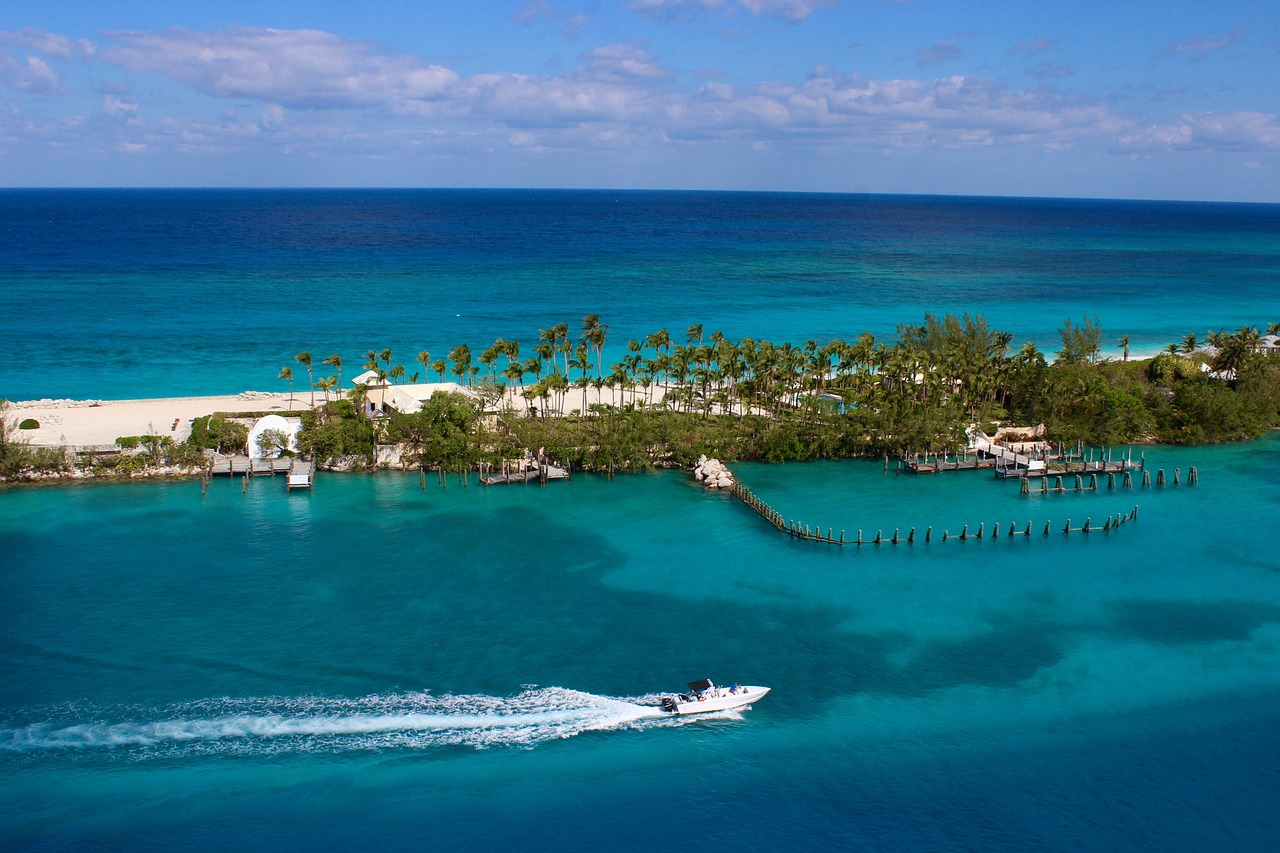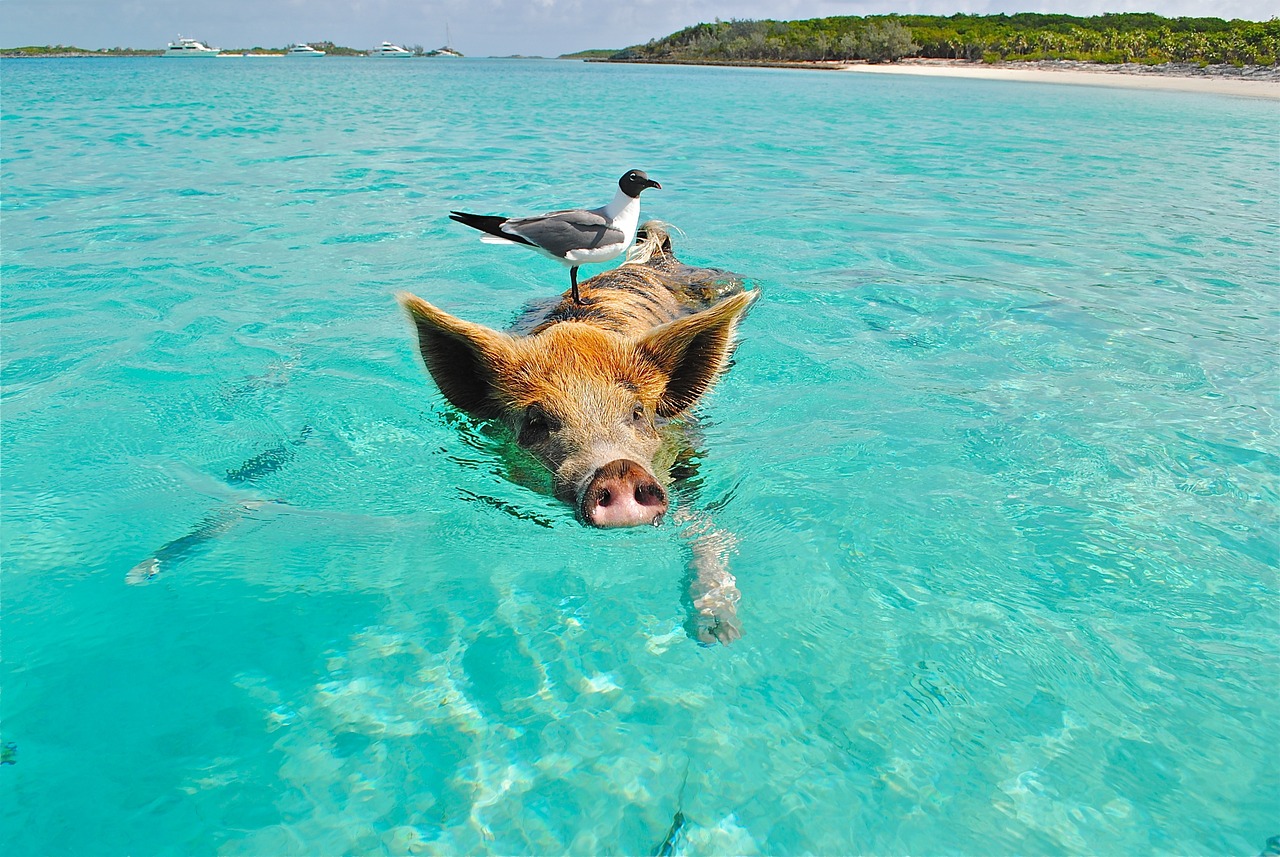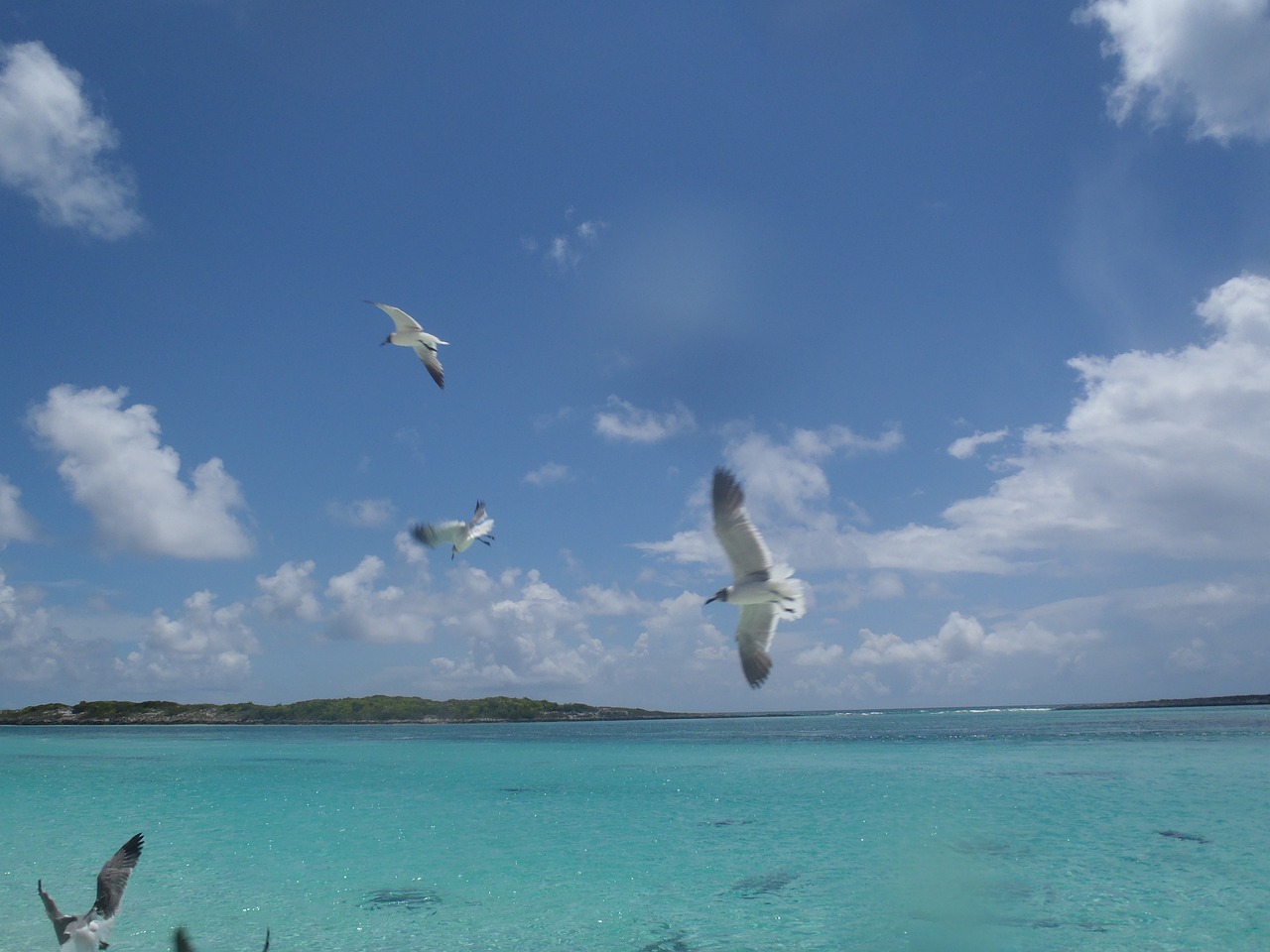Bahamas Video
Managing Finances and Payments while Working in Bahamas
The Bahamas is a tropical paradise known for its stunning beaches, crystal-clear waters, and vibrant culture. Many people dream of working in this beautiful destination, but before you embark on your journey, it’s important to understand how to manage your finances and payments effectively. This article will provide you with detailed information on managing your finances while working in the Bahamas, including tips on banking, currency, taxes, and more.
Banking in the Bahamas
When it comes to banking in the Bahamas, there are several options available to you. The most common types of banks in the country are commercial banks, which offer a wide range of services such as savings accounts, checking accounts, loans, and credit cards. Some popular commercial banks in the Bahamas include Royal Bank of Canada, Commonwealth Bank, and Scotiabank.
Points to consider:
- Multiple Currency Accounts: Many banks in the Bahamas offer the option to open multiple currency accounts, allowing you to hold funds in various currencies such as US dollars, Bahamian dollars, or euros. This can be beneficial if you receive income in different currencies or frequently travel internationally.
- Online Banking: Most banks in the Bahamas provide online banking services, allowing you to conveniently manage your finances from anywhere in the world. With online banking, you can check your account balances, make transfers, pay bills, and more.
- ATMs: ATMs are widely available throughout the Bahamas, making it easy to access cash when needed. However, it’s important to note that some ATMs may charge additional fees for withdrawals, especially if you’re using a foreign card.
- Banking Fees: Before choosing a bank, it’s essential to compare the fees associated with different accounts and services. Common fees to consider include monthly maintenance fees, transaction fees, and foreign exchange fees.
Currency in the Bahamas
The official currency of the Bahamas is the Bahamian dollar (BSD), which is pegged to the US dollar at a 1:1 ratio. This means that the Bahamian dollar is equal in value to the US dollar. Both currencies are widely accepted throughout the country, and you can use either currency for most transactions.
Points to consider:
- Exchanging Currency: If you’re carrying US dollars, there’s usually no need to exchange them for Bahamian dollars, as both currencies are accepted. However, it’s always a good idea to carry some local currency for small purchases or places that may not accept US dollars.
- Foreign Exchange: If you need to exchange currency, it’s best to do so at a bank or authorized currency exchange office. Avoid exchanging money at hotels or tourist areas, as they may offer less favorable rates.
- Credit Cards: Credit cards are widely accepted in the Bahamas, especially in tourist areas and larger establishments. Visa and Mastercard are the most commonly accepted cards, but it’s always a good idea to carry some cash for smaller establishments or places that may not accept cards.
Taxes in the Bahamas
One of the attractive aspects of working in the Bahamas is the absence of income tax. The Bahamas operates on a tax-neutral system, meaning that individuals and businesses are not subject to income tax on their earnings. However, it’s important to note that there are other taxes and fees that you may encounter while working in the country.
Points to consider:
- Value Added Tax (VAT): The Bahamas implemented a Value Added Tax (VAT) system in 2015. VAT is a consumption tax that is applied to most goods and services at a rate of 12%. It’s important to factor this into your budget when living and working in the Bahamas.
- Business License: If you plan to start a business in the Bahamas, you will need to obtain a business license. The cost of the license varies depending on the type of business and its annual revenue.
- Real Estate Taxes: If you own property in the Bahamas, you will be responsible for paying real estate taxes. The amount of tax owed is based on the assessed value of the property.
Insurance and Healthcare
When working in the Bahamas, it’s essential to have adequate insurance coverage, including health insurance. The healthcare system in the Bahamas is generally of a high standard, but medical expenses can be expensive, especially for non-residents.
Points to consider:
- Health Insurance: It’s crucial to have comprehensive health insurance that covers medical expenses, emergency medical evacuation, and repatriation. Some employers may offer health insurance as part of their benefits package, but if not, it’s important to arrange coverage independently.
- Public Healthcare: The Bahamas has a public healthcare system that provides free or low-cost healthcare services to Bahamian citizens and legal residents. However, as a non-resident, you may not be eligible for these services and may need to seek private medical care.
- Private Healthcare: Private healthcare facilities are available throughout the Bahamas and offer a higher level of service and shorter wait times compared to public healthcare. However, it’s important to note that private healthcare can be costly, so having insurance coverage is essential.
Cost of Living
The cost of living in the Bahamas can be relatively high, especially in tourist areas such as Nassau and Paradise Island. It’s important to budget accordingly and consider the following factors when managing your finances.
Points to consider:
- Accommodation: Rental prices in the Bahamas can vary significantly depending on the location and type of property. It’s advisable to research the rental market and consider factors such as proximity to work, amenities, and safety when choosing accommodation.
- Transportation: Owning a car in the Bahamas can be expensive due to high import duties and fuel costs. Alternatively, public transportation, such as buses and taxis, is available and can be a more cost-effective option for getting around.
- Groceries and Dining Out: The cost of groceries and dining out in the Bahamas can be higher than in some other countries. It’s advisable to compare prices at different supermarkets and restaurants to find the best value for money.
- Utilities: Utility costs, including electricity, water, and internet, can also be relatively high in the Bahamas. It’s important to factor these expenses into your monthly budget.
Conclusion
Managing your finances and payments while working in the Bahamas requires careful planning and consideration. By understanding the banking system, currency, taxes, insurance, and cost of living, you can ensure that your financial matters are in order and enjoy your time in this beautiful destination stress-free. Remember to consult with professionals and do thorough research to make informed decisions that align with your financial goals and lifestyle.
References
- Royal Bank of Canada – www.rbcroyalbank.com
- Commonwealth Bank – www.combankltd.com
- Scotiabank – www.scotiabank.com
- Bahamas Ministry of Finance – www.bahamas.gov.bs
- Bahamas Central Bank – www.centralbankbahamas.com
- Bahamas Immigration – www.immigration.gov.bs
- Bahamas Healthcare System – www.bahamas.gov.bs
Bahamas Image 1:

Bahamas Image 2:

Bahamas Image 3:



